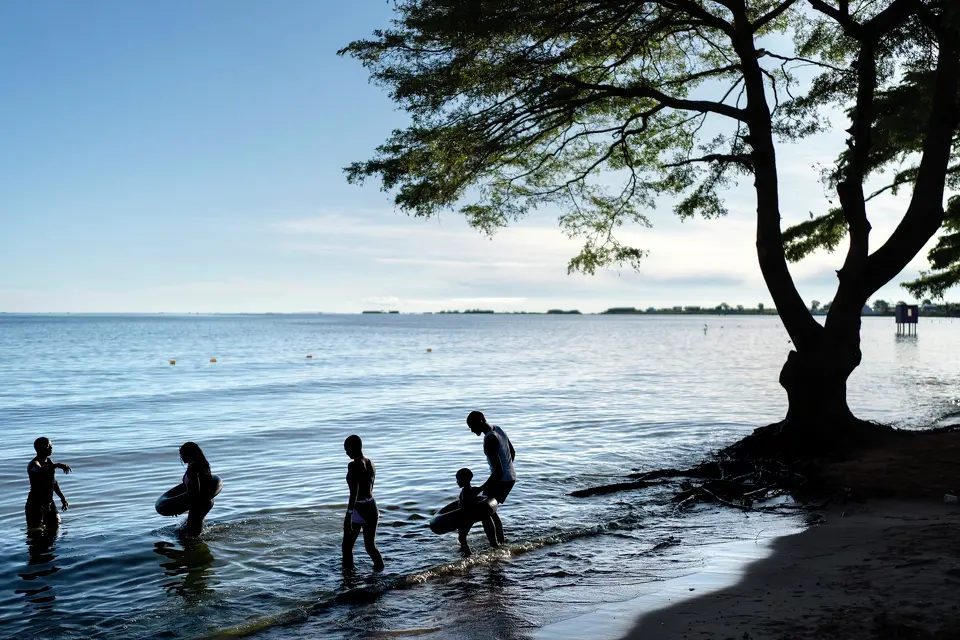Uganda has agreed to a new deal with the United States to accept deported migrants, but only under strict conditions. The agreement, made during President Donald Trump’s administration, allows Uganda to take in some deportees while refusing others.
According to Vincent Bagiire Waiswa, Permanent Secretary of Uganda’s Foreign Affairs Ministry, the arrangement is temporary and comes with clear restrictions. Uganda will not accept deportees with criminal records or unaccompanied minors. This condition highlights the government’s effort to ensure security while balancing humanitarian concerns.
The deal was first reported by CBS News, which revealed that the US has also reached a similar agreement with Honduras. These moves are part of Washington’s wider strategy to send migrants back to countries where they do not hold citizenship.
Uganda, however, has emphasized that it prefers to receive individuals with African nationalities. Officials from both countries are now working on the detailed procedures for implementing the agreement.
This decision comes as Uganda already faces significant pressure from hosting nearly 2 million refugees and asylum seekers. The country shelters people mainly from the Democratic Republic of Congo, South Sudan, and Sudan, making it the largest refugee-hosting nation in Africa.
In recent months, the US has also deported migrants to other African nations. For example, in July, it sent five men with criminal backgrounds to Eswatini and another eight to South Sudan. Rwanda has also confirmed a separate arrangement to receive migrant detainees from the US.
The Uganda deal reflects Washington’s broader migration policy, but it also raises questions about how much more pressure African countries can take, given their existing refugee responsibilities.
Why is Uganda cautious about this deal?
Uganda is cautious because it already hosts millions of refugees and does not want to accept individuals who may pose security risks, such as those with criminal records or unaccompanied minors.
This agreement is likely to spark more debate on global migration policies and the role of African countries in handling deportations from Western nations.

